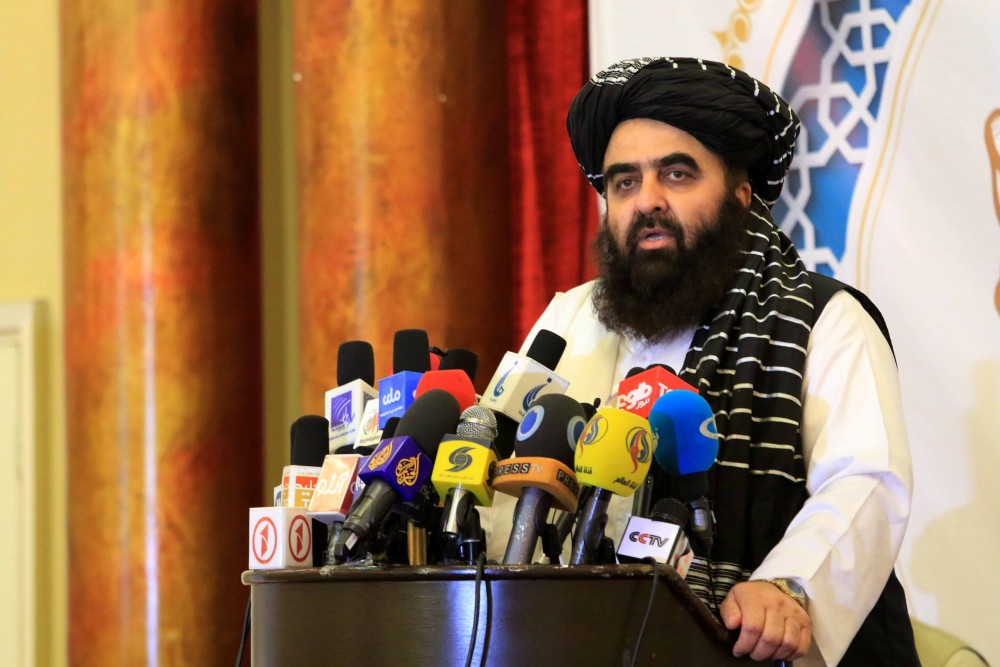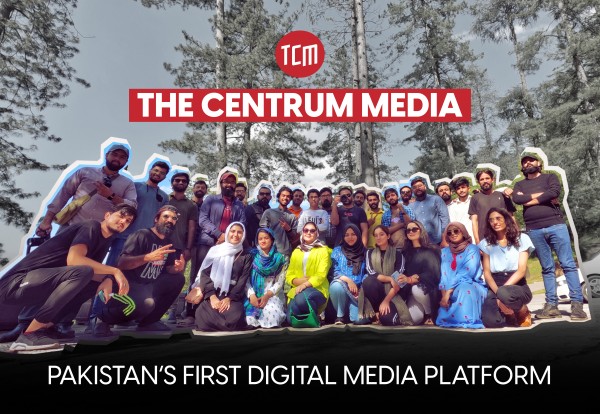The IPI global network is deeply concerned by the increasing attacks on media freedom in Afghanistan following the suspension of two online media outlets, Hasht-e Subh Daily and Zawia News by the Taliban. IPI calls on the Taliban to stop censoring the media and allow Hasht-e Subh Daily and Zawia News to operate under their domain names.
On Monday, October 3, the Taliban’s Ministry of Telecommunications and Information Technology announced that it had suspended the domains of Hasht-e Subh Daily and Zawia News. Anayatullah Alokozay, a ministry spokesperson, claimed that the suspension for “spreading false propaganda”. Both sites had been largely operating from outside of Afghanistan since the Taliban’s takeover in August 2021. The Afghanistan Journalists Center condemned the regime’s act, calling it: “another sign of the tightening of restrictions against free media in Afghanistan”.
Hasht-e Subh Daily is an independent and non-profit news outlet that began operations in 2007. Founded by a group of journalists and human right activists, Hasht-e Subh describes itself as a defender of democratic values and human rights that strives to “become the voice of the victims in the field of transitional justice”. In a statement given to IPI, the outlet confirmed that the Taliban had suspended its domain (www.8am.af), which it had legally purchased and had been using since the start of its operations. Hasht-e Subh also told IPI that despite the suspension, they had managed to safeguard the contents of their website, storing their archive on an external server. They denounced the Taliban’s action and vowed to “remain committed to professional, independent, and fair journalism”, and “to reflect the truth and to be the voice of people.” Hasht-e Subh can now be reached at a new domain, www.8am.media.
Zawia News was founded in 2019 and describes itself as a “pioneer of digital media” that aims to “reflect the diverse realities of Afghanistan”. In a statement given to IPI, founder and CEO Esmatullah Mohib said that the Taliban authorities had previously attempted to shut down Zawia News’s Facebook page (through which they reach a significant part of their audience), but have failed. He said that the regime sees Zawia as anti-Taliban for attempting to cover the realities of what is currently happening in Afghanistan. Following the suspension of their original domain (www.zawia.af), Zawia News moved its operations to the website of its parent company, Zawia Media. Mohib told IPI that he sees Zahia News as “the voice of the people”, and “and reiterated that they remain committed to covering the Taliban’s repressive regime”.
According to a report by the Afghanistan Journalists Center, the media environment in Afghanistan has significantly deteriorated since the Taliban came to power during the summer of 2021. The report records a total of 245 media freedom violations over the past year, including censorship, detentions, physical assault, and verbal harassment. It notes that over 50 percent of media outlets have been shut down, while a significant majority of journalists unable to find work.
Hasht-e Subh told IPI that many reporters have left the country, as “working under the Taliban’s rule is not only impossible but also dictates serious risks to the journalists”. Agreeing with that assessment, Esmatullah Mohib added that the risk to female journalists is particularly great, as many of them have been barred from working. Mohib describes the overall situation as “devastating”, emphasizing that “the situation on the ground is much worse than people know”.
“The Taliban’s suspension of Hasht-e Subh Daily and Zawia News is a clear act of censorship intended to further suppress sources of independent information in Afghanistan, including any content critical of the Taliban’s repressive regime”, IPI Director of Advocacy Amy Brouillette said. “We call on Taliban authorities to immediately reverse these unjust suspensions and allow journalists to do their work freely and without fear of retaliation.”
She added: “The members of the IPI global network continue to stand in solidarity with our Afghan colleagues, and we call on the international community to effectively stand up for the rights of independent journalists in Afghanistan.”



